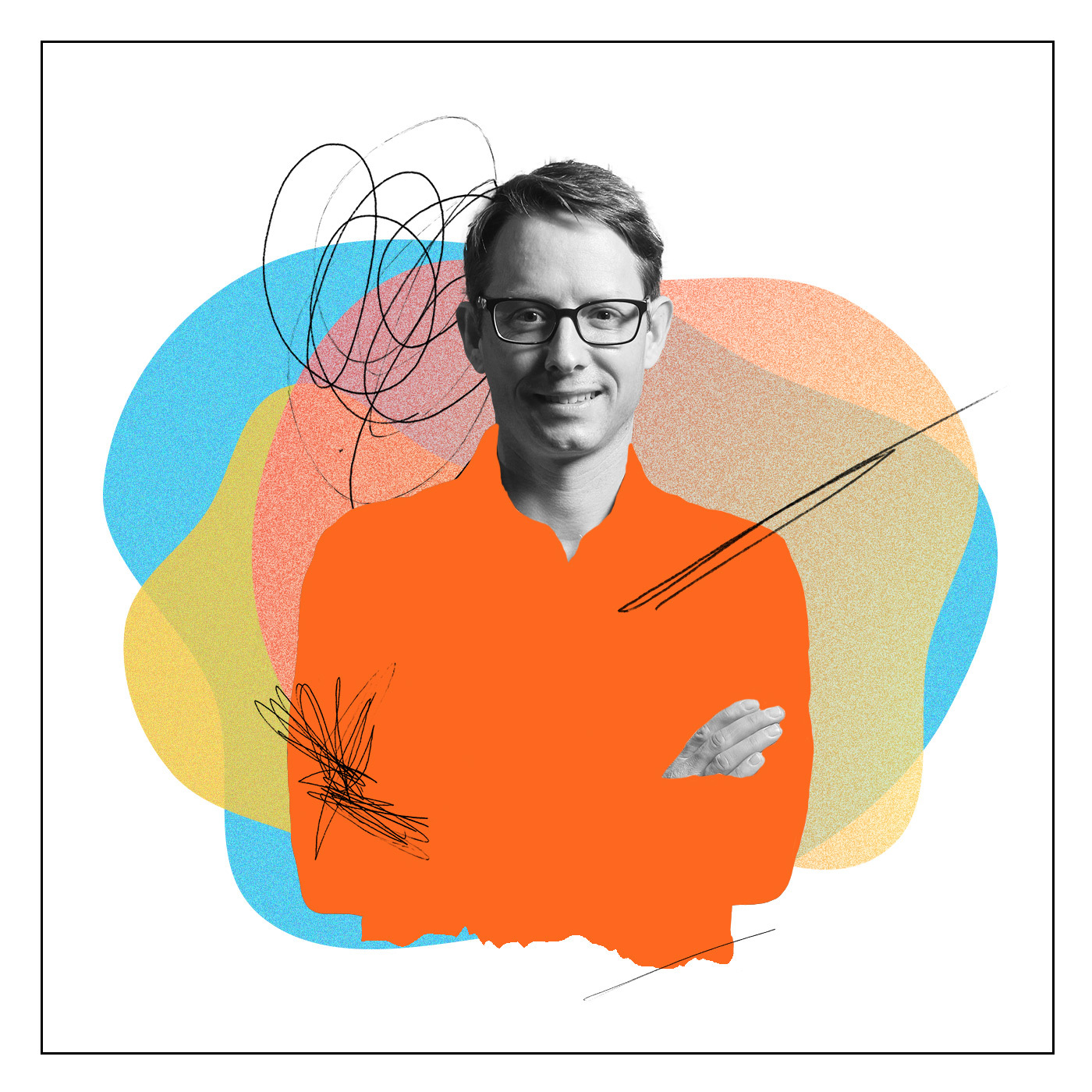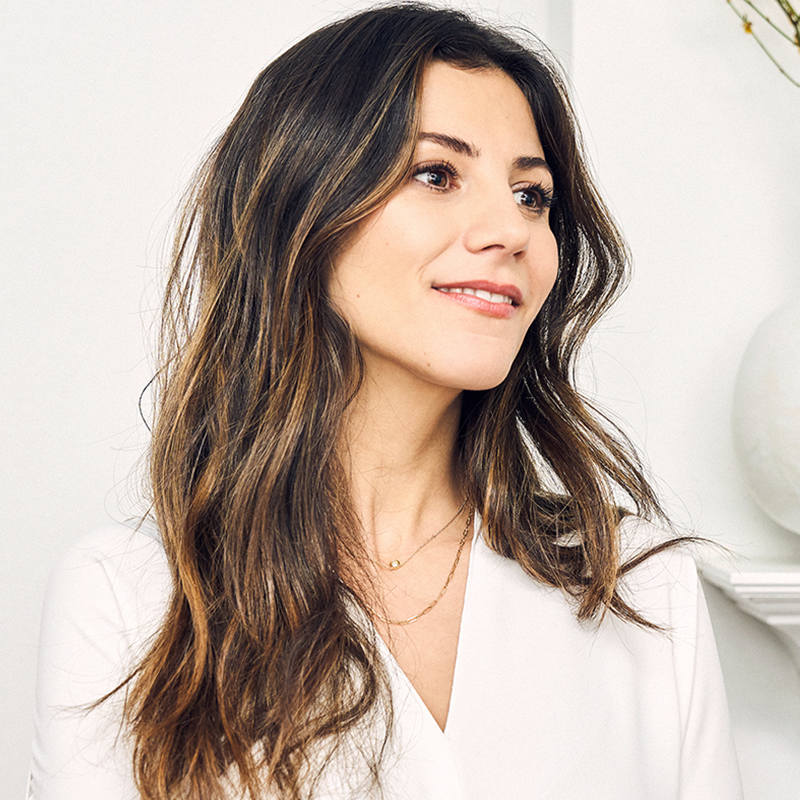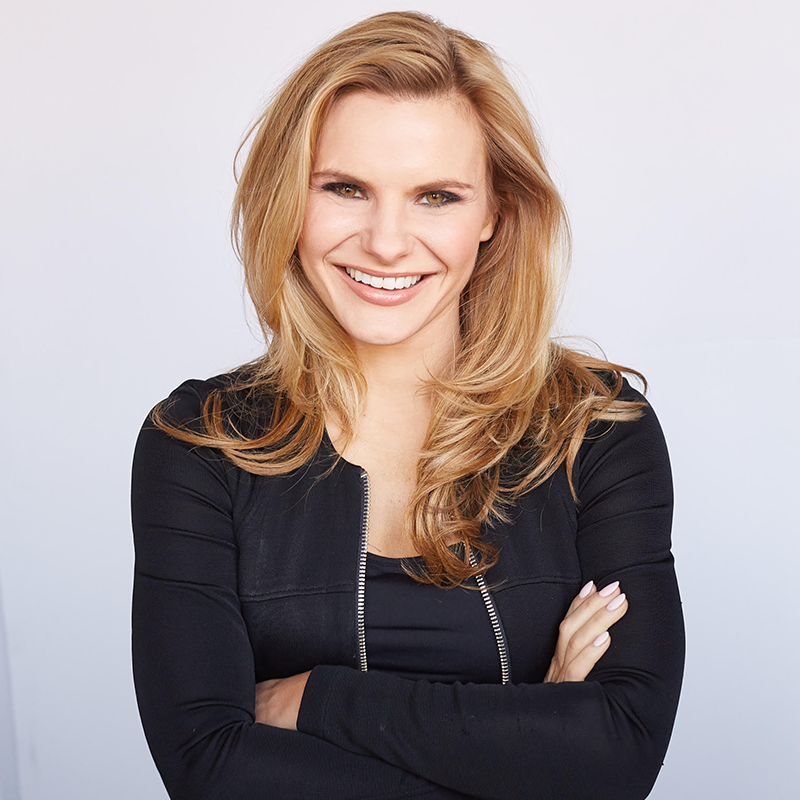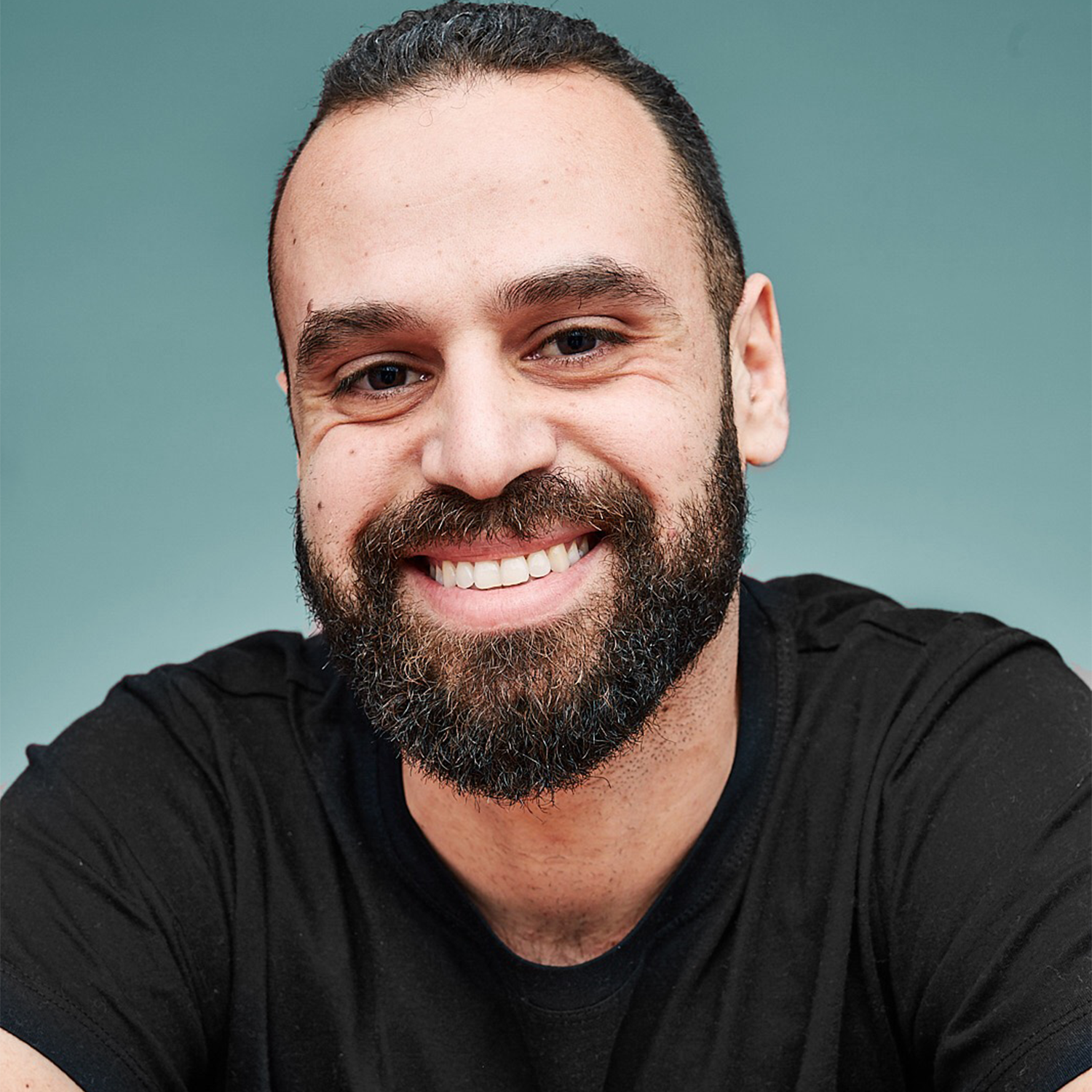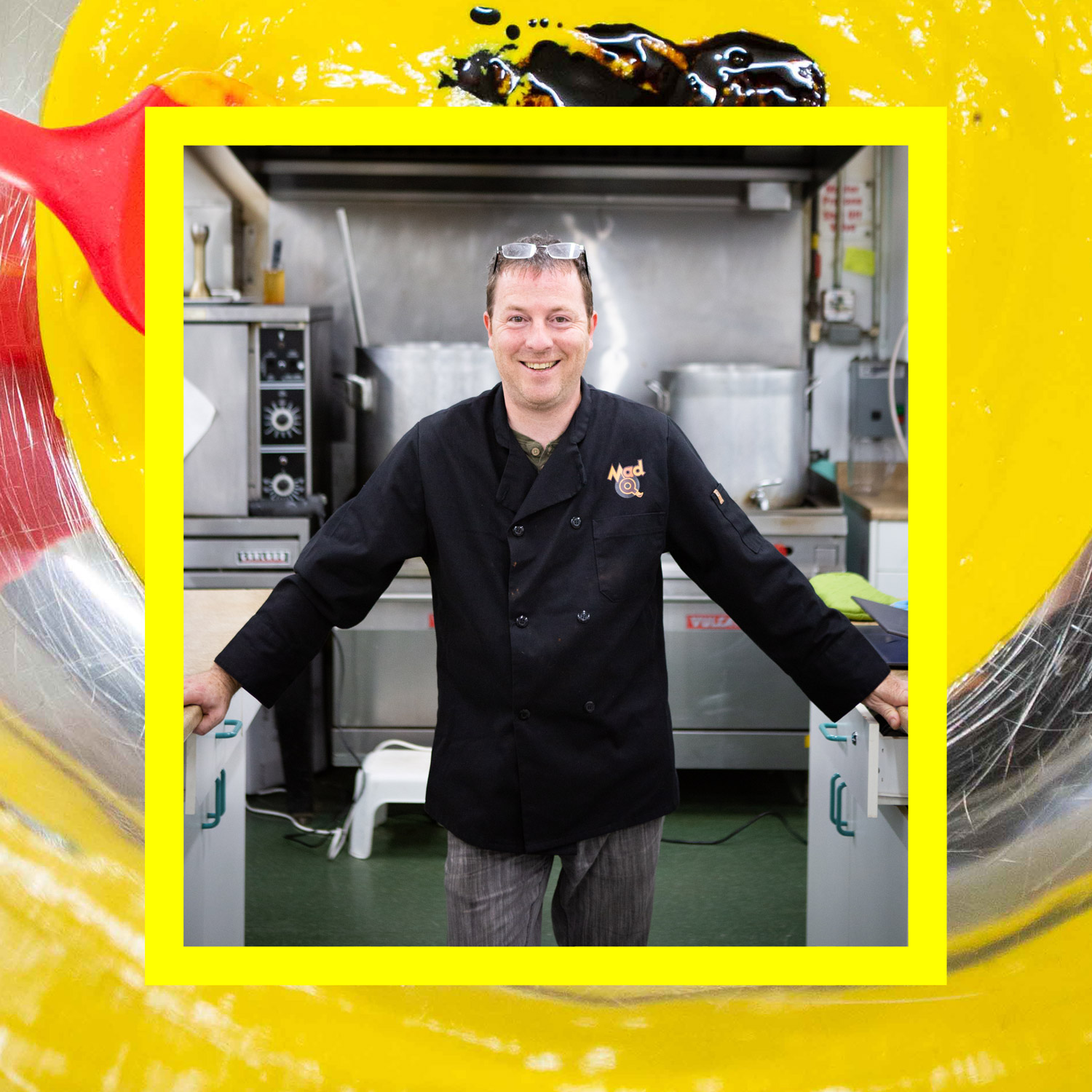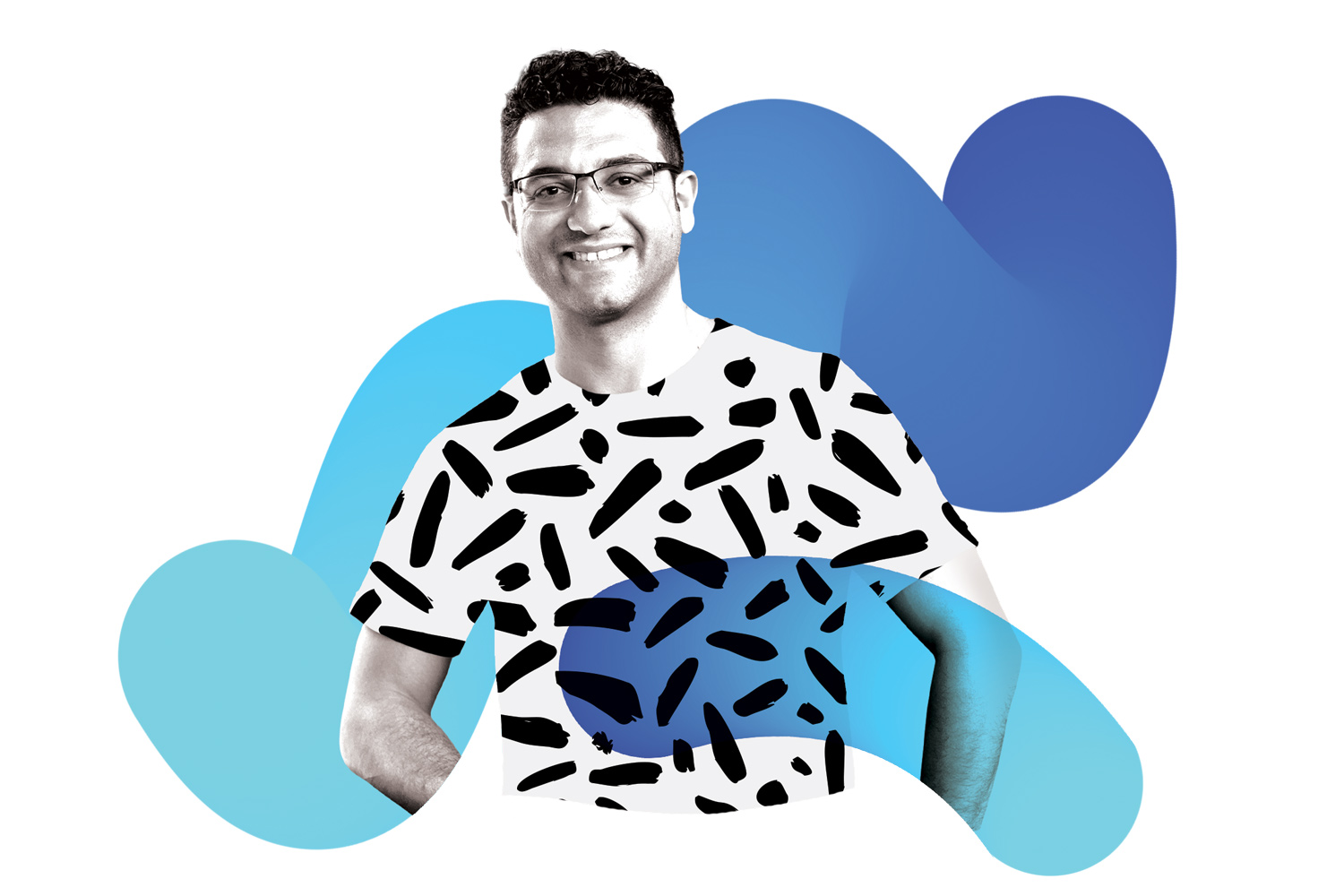‘You’re Never too Young to Start an Empire’: Manjit Minhas on How She Made It

Manjit Minhas, co-owner and co-founder of Minhas Breweries, Distillery and Winery, got involved in the spirits business with her brother Ravinder when she was an engineering student in Calgary. Now, they have more than 90 beverage brands sold globally and since 2015 she’s been helping shape future entrepreneurs as a no-nonsense ‘Dragon.’
My parents were immigrants from India: My mom came to Canada at nine and my dad at 21. My brother and I were born and raised in Calgary without any extended family around us. We saw my dad doing a lot. He worked nine to five as an engineer, but on the side he consulted, wrote books, taught courses and later opened up liquor stores after Alberta privatized the liquor retail industry. I don’t think my dad would have categorized himself as an entrepreneur at the time, but that mentality has definitely been around me.
Growing up, I was good at math and science so I thought engineering would be where I’d end up. But I had that drive to explore opportunities around me and, more importantly, had the support from my parents to do so—especially at a young age. And support doesn’t have to mean financially, it can mean someone saying, “Okay, great, go and try something. You will probably fail, so have a back-up plan.”
My brother and I started out in the alcohol industry in 1999 while I was an engineering student at the University of Calgary. We had some background in the retail space from working in my parents’ liquor stores, and I realized that there was a market need that was not being fulfilled, which was premium-quality spirits made from real ingredients and at a fair price point. My brother and I went into it thinking about what we wanted as a consumer, and I think that that is always the first test: See if you are missing something in your own life, because necessity is the mother of invention.
“I believe you’re never too young to start an empire and never too old to chase a new dream”
When we started out building our spirits company, there were challenges every step of the way. We were trying to enter an industry where the players that existed were decades—in most cases, centuries—old. I was a young brown woman. Talk about three things that were not common in the liquor industry. Nobody would talk to us. Canada has a very protectionist manufacturing community, especially since liquor is highly regulated and there’s a few key, big-name companies that dominate the space. So the first big hurdle was just getting somebody to say, “Yeah, let’s work on that together, let me be your supplier.” I really had to think outside the box.
We ended up finding somebody in the United States, in Kentucky. I had never been there and I was dealing with people who were double, triple my age. It was very daunting, but one thing about me is that I’ve never been able to take “no” for an answer. And I’m really good at not taking things personally. So we just kept pushing through. That persistence paid off. Once we got our first liquor brand off the ground we figured out many things after that, including building our own manufacturing facilities and getting into beer. Now, we have four production facilities—two breweries, a distillery and a winery—in the U.S. and Canada.
My family has always lived by this motto: Fear is temporary and regret is forever. You gotta put your best foot forward and if you fail, which you probably will, you will learn something. I can’t tell you how many times we’ve failed as we’ve grown—brands have failed for us, partnerships haven’t worked out. But everything that didn’t work is how we’ve gotten to where we are today, which is brands and products that people like and want to buy. A lot of people see my story and think, “Wow, what an overnight success.” I say my “overnight success” has taken me 22 years. I think that everyone needs to hear about the tough times and the failures to see how long it’s taken for entrepreneurs to get to where they are. We own the ninth largest brewery in North America, so we’ve got eight more spots to go.
A big part of joining Dragons’ Den in 2015 was about helping inspire others, but becoming inspired by others, too. Growing up, I didn’t have mentors that necessarily looked like me that were breaking barriers or were on TV. I’ve always been an optimistic person, but I think becoming a “Dragon” has made me even more optimistic. It’s amazing seeing new inventors and entrepreneurs every year coming out of some pretty remarkable hardships. They are still so passionate about business, achieving success and helping others.
I’m a big believer of putting your money where your mouth is, and your time where your mouth is. I don’t think it does anybody any favours by sugar-coating or not telling people the truth about their idea. Sometimes the commentary on Dragon’s Den might seem harsh, but I happily hear from people later who say, “Wow, that was tough. But nobody else around me was telling me that.” After the show is where the real work happens, and where the real growth happens. I believe you’re never too young to start an empire and never too old to chase a new dream.
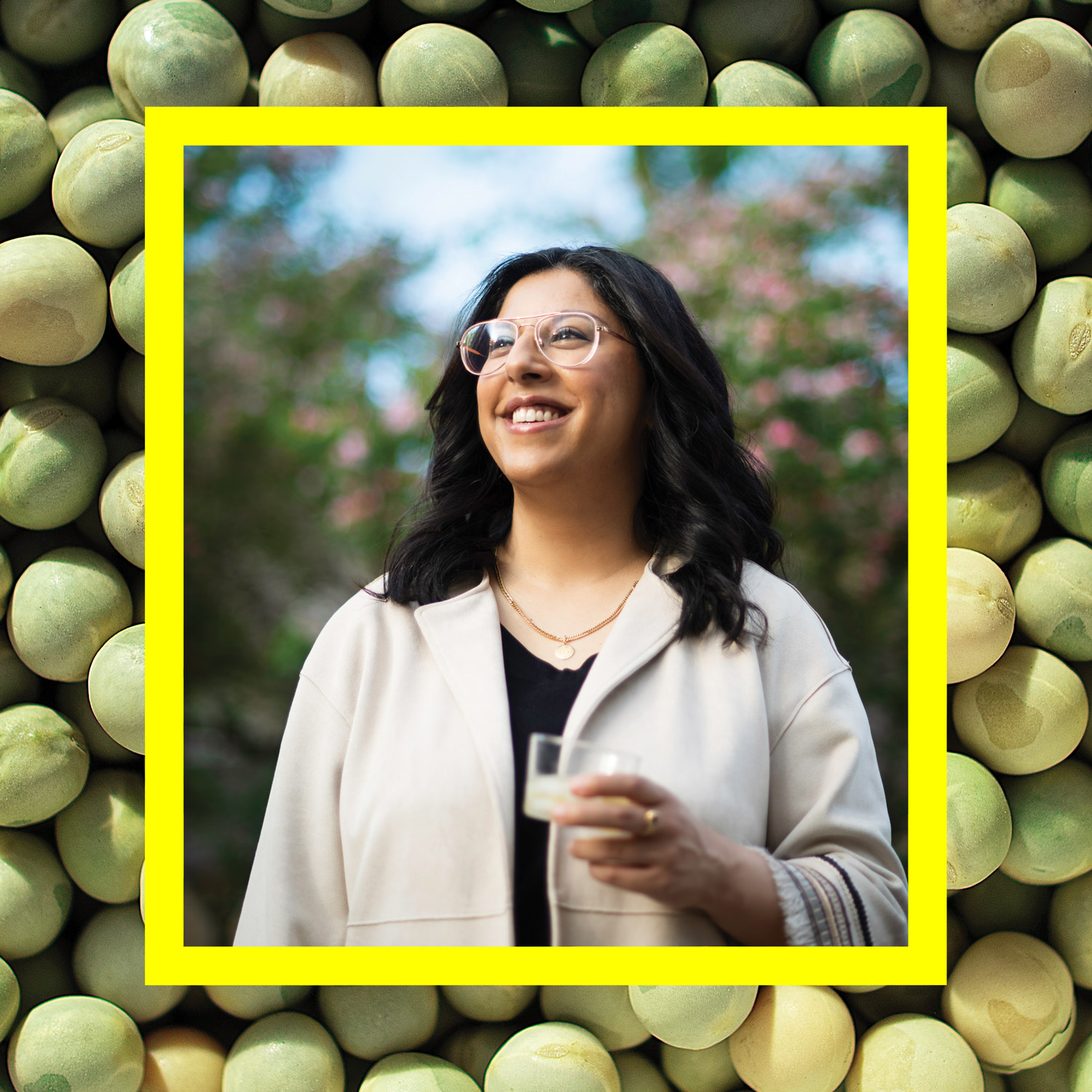
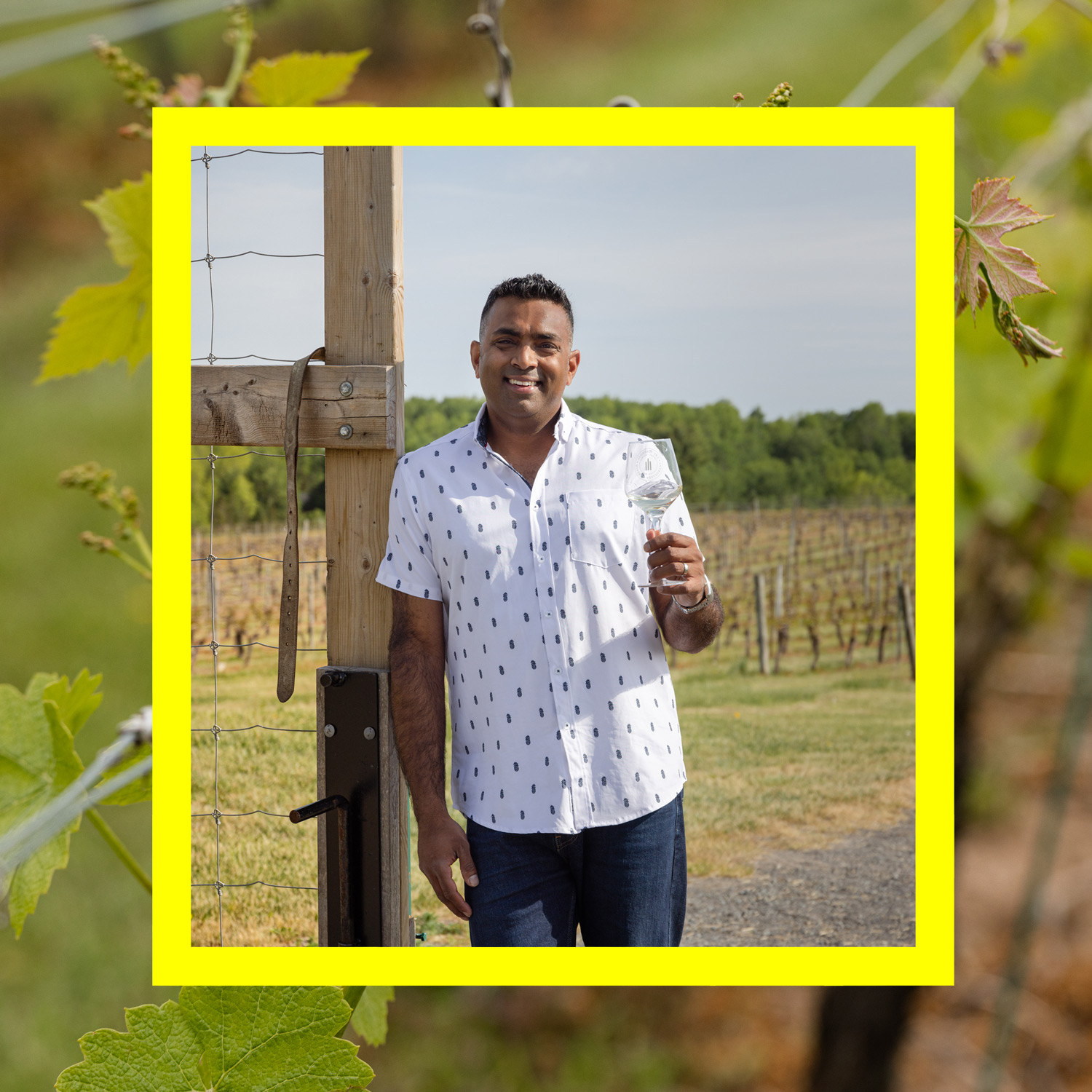

![CB-800x800_0000s_0006_IMG_1010[2]](https://canadianbusiness.com/wp-content/uploads/2021/10/CB-800x800_0000s_0006_IMG_10102.jpg)
